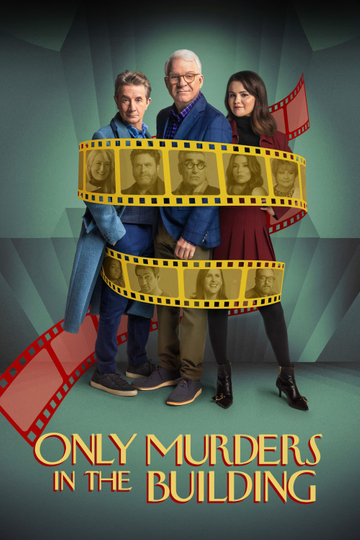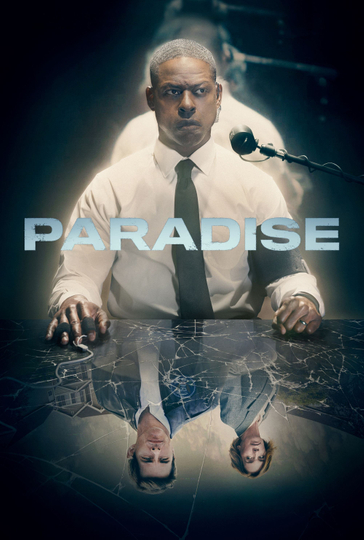Miniseries Plot
Jonathan Meades explores some of the most exciting buildings and sites around Britain. The title refers to an architectural series Meades made for BBC Two in the 1990s called Abroad in Britain. He visits an imposing English Gothic building with the largest cloisters in Britain, one of Scotland's greatest landmarks,, a magnificent mansion containing some surprising technological innovations, the largest industrial site in the world 200 years ago and the exuberant seaside home that George IV built when he was Prince Regent.
Abroad Again in Britain Miniseries aired on August 2nd, 2005.
Miniseries Episodes
1. Edinburgh Castle
Edinburgh Castle. Built on the site of an extinct volcano, the history of one of Scotland's greatest landmarks is bloody, brutal and grimly fascinating. Jonathan Meades scales this most enduring of icons and visits its gentler neighbour, Holyrood Palace.
2. Cragside House
Magnificent mansion containing some surprising technological innovations. Cragside is a country house in the civil parish of Cartington in Northumberland, England. It was the first house in the world to be lit using hydroelectric power. Built into a rocky hillside above a 4 km² forest garden, it was the country home of Lord Armstrong and has been in the care of the National Trust since 1977.
3. Salisbury Cathedral
Salisbury Cathedral boasts the highest spire in Britain. Jonathan Meades, who was raised in its shadow, returns to one of the country's finest medieval buildings. He wonders how an atheist can love a building dedicated to the propagation of medieval superstitions and fears.
4. Brighton Pavilion
Jonathan Meades ponders the exotic pleasure dome that is the bizarre legacy of the Prince Regent, George IV. Wild, theatrical and ostentatious, the folly is part Hindu, part Islamic, part Chinese, and wholly inauthentic.
5. Portsmouth Dockyard
For centuries the world's biggest military/industrial complex, the dockyard stood as a testament to the fear of invasion, particularly by France. As he hears the stories of those who have lived and worked there, Jonathan Meades considers its role as an instrument for the generation of dread.
















































